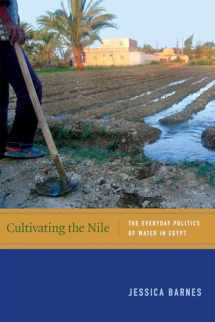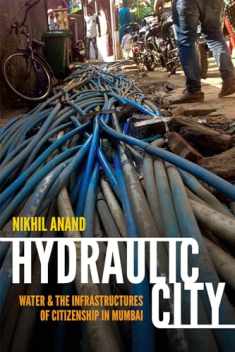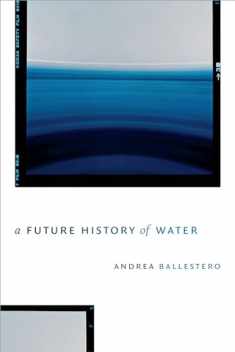
Cultivating the Nile: The Everyday Politics of Water in Egypt (New Ecologies for the Twenty-First Century)
Book details
Summary
Description
The waters of the Nile are fundamental to life in Egypt. In this compelling ethnography, Jessica Barnes explores the everyday politics of water: a politics anchored in the mundane yet vital acts of blocking, releasing, channeling, and diverting water. She examines the quotidian practices of farmers, government engineers, and international donors as they interact with the waters of the Nile flowing into and through Egypt. Situating these local practices in relation to broader processes that affect Nile waters, Barnes moves back and forth from farmer to government ministry, from irrigation canal to international water conference. By showing how the waters of the Nile are constantly made and remade as a resource by people in and outside Egypt, she demonstrates the range of political dynamics, social relations, and technological interventions that must be incorporated into understandings of water and its management.


We would LOVE it if you could help us and other readers by reviewing the book
Book review





